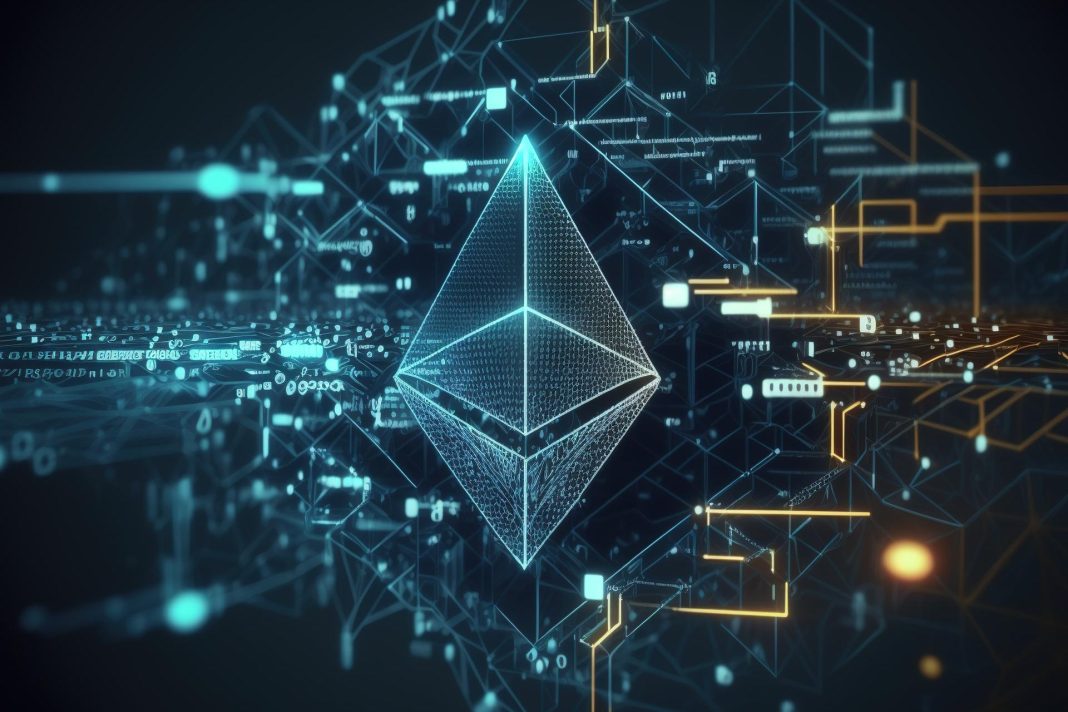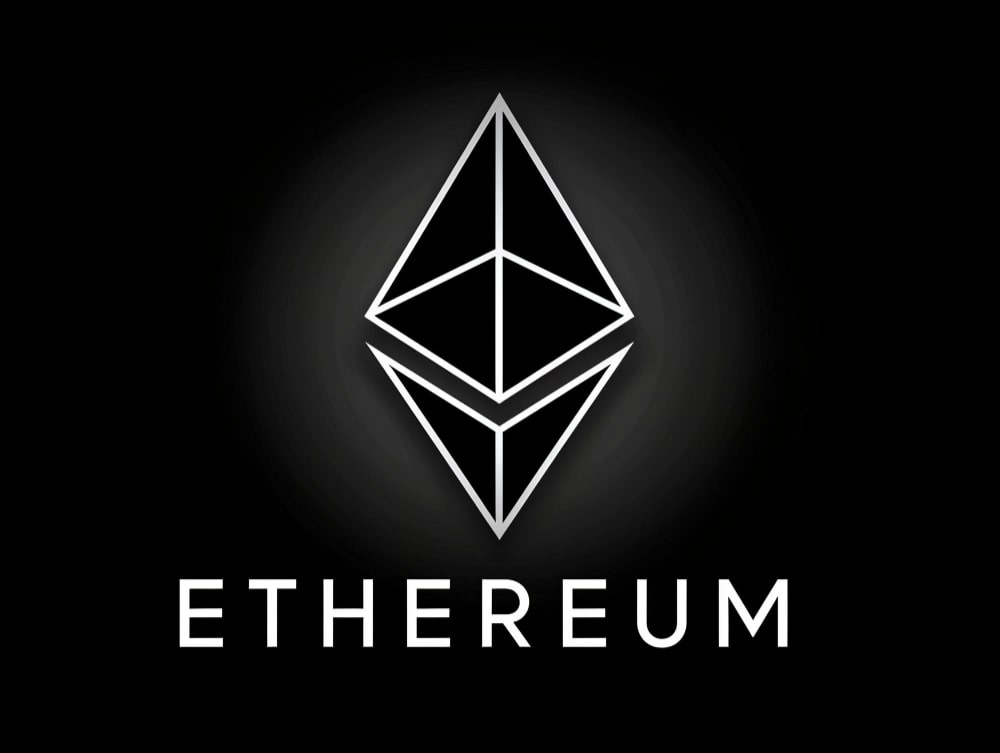So, you’ve heard of Bitcoin, but what about Ethereum? Ethereum is the number two cryptocurrency in the world, right behind Bitcoin.
But unlike Bitcoin, which is mainly used like digital cash, Ethereum is a whole different beast.
Imagine a giant computer spread out all over the world, accessible to anyone with an internet connection.
That’s kind of what Ethereum is, a massive, open platform for developers to build all sorts of cool stuffs.
Think games, financial apps, even complex databases, all running on this giant, secure computer system. And the best part? No bank or middleman is needed!
Ethereum uses its own special digital money called Ether (ETH, for short). Think of it as the fuel that keeps this giant computer running. When someone wants to use an app built on Ethereum, they pay a small fee in ETH.
But ETH is more than just fuel. People can also invest in ETH, hoping its value goes up over time, similar to Bitcoin, but this is just speculation.
Here’s a quick breakdown to keep things straight:
- Ethereum: The giant, global computer platform, the network itself.
- Ether (ETH): The digital money used on the Ethereum platform (like gas for a car).
So, while Bitcoin is kind of like digital gold, Ethereum is more like digital oil, powering all sorts of innovative applications.
With its potential limited only by developers’ imaginations, Ethereum is definitely a force to be reckoned with in the tech world.
Is Ethereum secure?
So, how secure is your ETH? Ethereum uses a voting system called “proof of stake” to keep things safe for network operators.
Think of it like the classic stakeholder voting, the more ETH someone has staked (basically invested) in the network, the more say they have in its operation. We’ll get more into that later.
Here’s the thing about most cryptocurrencies: they’re built on open-source software. That means anyone can examine the code and see how it works, which helps keep things secure. Plus, the systems are permissionless, meaning anyone can join and participate.
Developers can even rewind the Ethereum network if something goes wrong, as they didi t with the original version, known today as Ethereum Classic, though everyone can see it happen, there are no secret rollbacks!
However, applications built on Ethereum (called “dapps“) are only as secure as their creators make them.
Just like any software, code can have bugs that could lead to lost funds. While anyone can see the code, dapp user bases are smaller than Ethereum itself, so there are fewer watchful eyes. Always research any dapp before using it!
How does Ethereum works?
Imagine the Bitcoin blockchain as a giant checkbook, keeping track of every transaction ever made.
Ethereum’s blockchain is more like a powerful computer. It not only keeps track of transactions, but it’s also flexible enough to run all sorts of programs – from games to complex financial applications.
To achieve this, Ethereum uses a “virtual machine” – a giant, global computer made up of individual computers running the Ethereum software.
Keeping all these computers running takes a lot of power and money, which is why running an Ethereum node is pretty expensive for average users.
Here’s where ETH (Ethereum’s digital money) comes in. It acts like fuel for this giant computer. Whenever you use an app on Ethereum, you pay a small fee in ETH to keep the network running. These fees are called “gas,” and the price depends on how busy the network is.
What is Ethereum 2.0?
Launched in September 2022, Ethereum 2.0 (often called ETH2) is a major upgrade designed to make Ethereum faster, more secure, and more efficient.
It essentially merges the original Ethereum blockchain with a brand new one built for improved performance.
Why the Upgrade?
Moving a major cryptocurrency to a new platform is a big deal, but it was necessary for Ethereum to keep growing.
The old system (proof of work) caused bottlenecks, high fees, and used a lot of energy. ETH2 is a big step towards a smoother, more sustainable future for Ethereum.
Ethereum Proof of Stake
Ever wondered how cryptocurrencies prevent double-spending without a central authority like a bank? The answer lies in something called a “consensus mechanism.”
Proof of Work, the real innovation
When Ethereum first launched, it borrowed the system used by Bitcoin, the Proof of Work (PoW). Imagine a global competition where miners use massive amounts of computing power to solve computing tasks.
The winner gets to add the latest transactions to the blockchain and earns a reward in ETH.
This system is secure because it requires a lot of real-world electricity to compete, and you can fake real energy usage, so this making it impossible to cheat.
However, PoW has its drawbacks. All that processing power consumes a lot of energy, and as the network gets busier, transaction fees can spike unpredictably. These limitations became clear as Ethereum gained popularity.
Proof of Stake, a well known system
Ethereum’s developers knew PoW wasn’t the long-term solution. Enter Proof of Stake (PoS), introduced with Ethereum 2.0.
Think of it like a traditional weighted voting system where the more ETH someone has invested (or “staked”) in the network, the more influence they have.
Staking: putting your ETH to work
Instead of miners competing with computing power, PoS relies on validators who stake their ETH.
The more ETH someone has staked, and the longer they’ve staked it, the more likely they are to be chosen to validate transactions and earn rewards.
In this way, the rich get richer, and the system works well for the validators. This method is faster, uses less energy, and is theoretically more secure than PoW.
Is Ethereum valuable?
So, why is ETH valuable? Like any asset, its price is determined by supply and demand.
People can buy ETH with other currencies, and the price fluctuates based on market interest. But many arguing Ethereum’s true value lies in its potential.
Its flexibility as a platform for apps and DeFi (decentralized finance) is attracting a growing user base, which could lead to even higher transaction fees and a more valuable ETH.




